This year, opportunities to snap selfies at Machu Picchu, outside the Taj Mahal, or from an air balloon sweeping over Cappadocia have been limited. But here are seven ways you can tour the world and support local artisans this holiday season.
Travel (virtually) to shops from the heart of the Peruvian Amazon to the bustling streets of Jakarta to get your loved ones truly unique gifts from artisans that spread goodwill around the world.
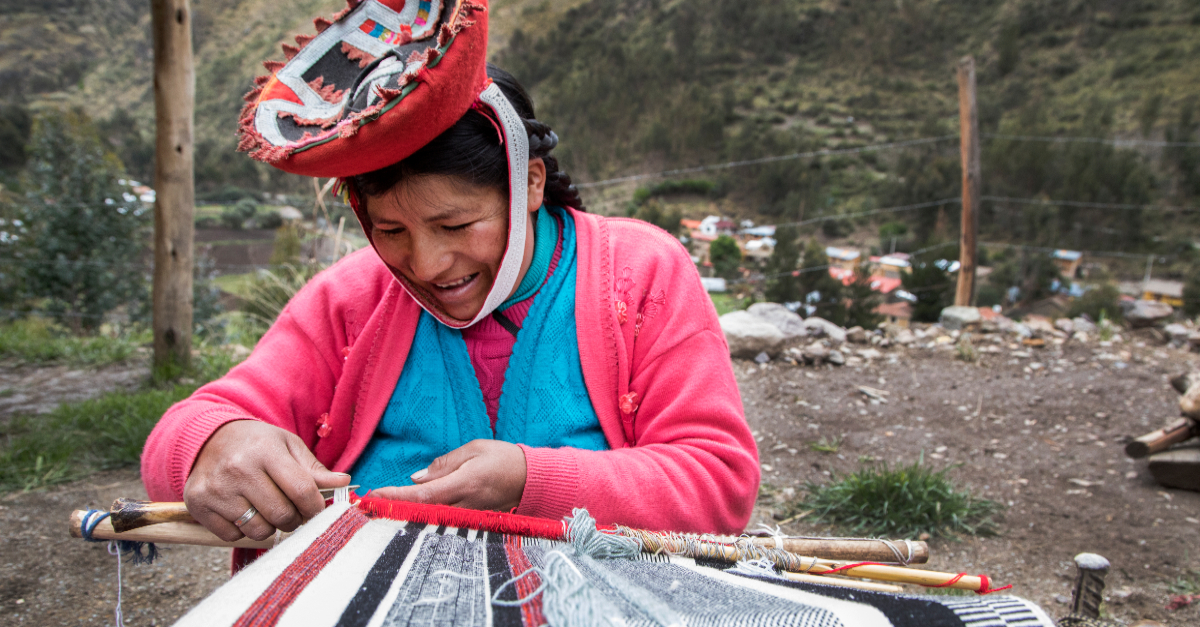
In rural areas of Peru, women who can’t speak Spanish, read, or write are often left to care for children and small farms while men go to work. But the Awamaki Women’s Cooperative Program creates opportunities using skills the women do have: traditional crafting. The program provides business incubation and training to six rural women’s cooperatives of weavers, knitters, spinners, and seamstresses. After the women learn about the market, business administration, and the stages of production, the cooperatives become independent small businesses making export-quality Peruvian products. Learn more.
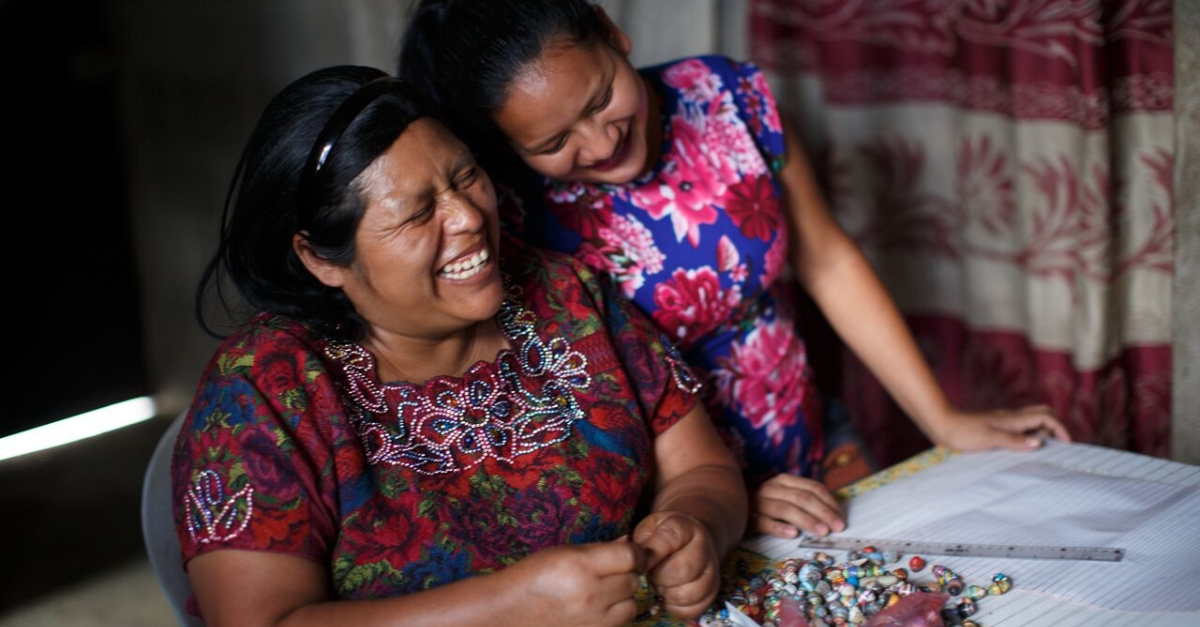
Salvaging and reselling trash near the Guatemala City Garbage Dump is an arduous means of earning less than $3 a day for thousands of workers. Many of them are women and single mothers who usually earn less than the men and face violence. The nonprofit Creamos gives them another path to a steady income. Jewelry-making and sewing programs coupled with education and emotional support help the women build business acumen and independence that can change the status quo. Learn more.
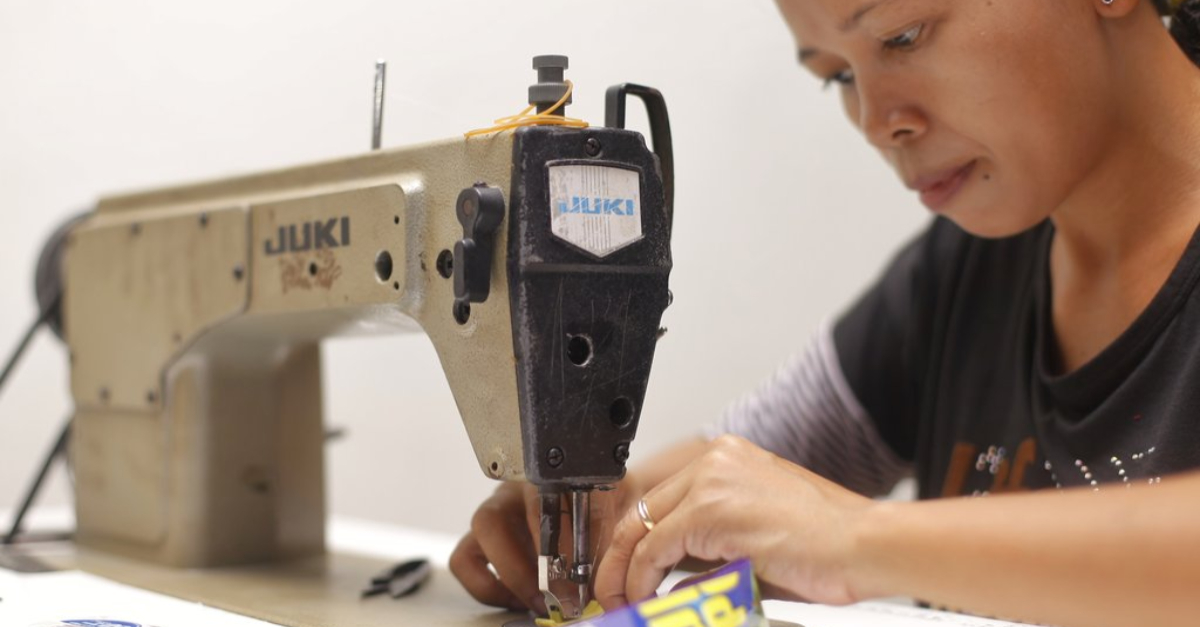
As industrialization spreads in Indonesia, rural communities are being displaced. Families go to Jakarta in search of work and often end up living in the garbage dumps and picking trash that they sell to survive. To break the generational cycle of trash picking, the organization XSProject educates the children and partners with their parents to purchase and upcycle the trash they collect. This project has stopped 10 tons of non-recyclable plastic waste from reaching Jakarta’s garbage dumps while improving livelihoods for many families in Jakarta. Learn more.
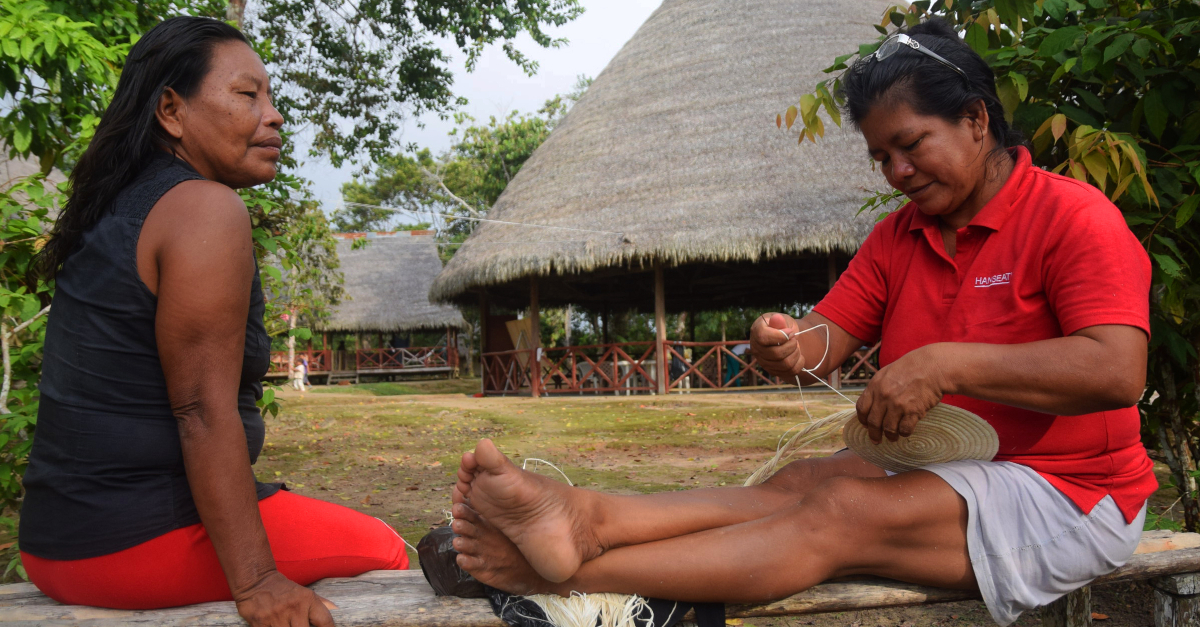
The Amazon rainforest has the largest concentration of animal and plant life in the world—and it is in trouble. Forest loss is driving species to extinction, aggravating global warming, and robbing people of unique medicines, foods, and countless untold treasures. The Center for Amazon Community Ecology (CACE) works with indigenous groups and individuals who make their living in the forest to build sustainable livelihoods and encourage conservation. Based in 16 native and campesino communities in the Peruvian Amazon, CACE partners with hundreds of artisans to create and market handicrafts and essential oils as alternatives to economic activities that degrade forests. Learn more.
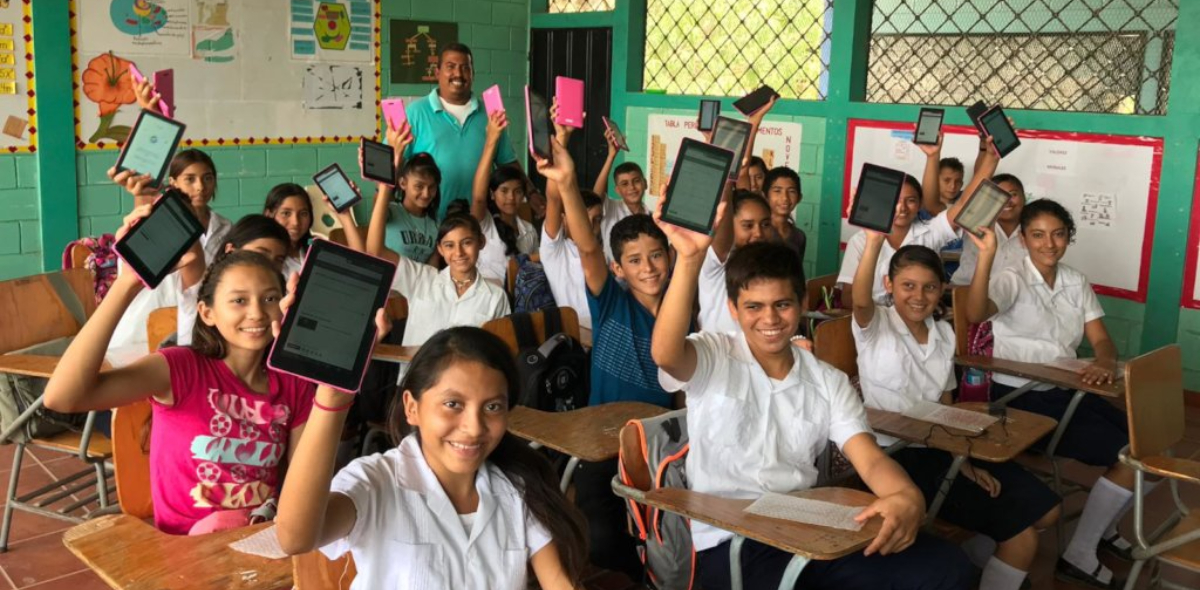
Inadequate resources in Honduran schools mean most students drop out after the sixth grade and lack basic literacy skills. A unique partnership between Shoulder to Shoulder and the Honduran Ministry of Education uses computer-assisted learning to offer accessible, quality bilingual education in public schools. To support Shoulder to Shoulder’s mission, 3-19 Coffee will donate $5 from every bag of coffee sold through Dec. 31, 2020 to the nonprofit. Learn more.
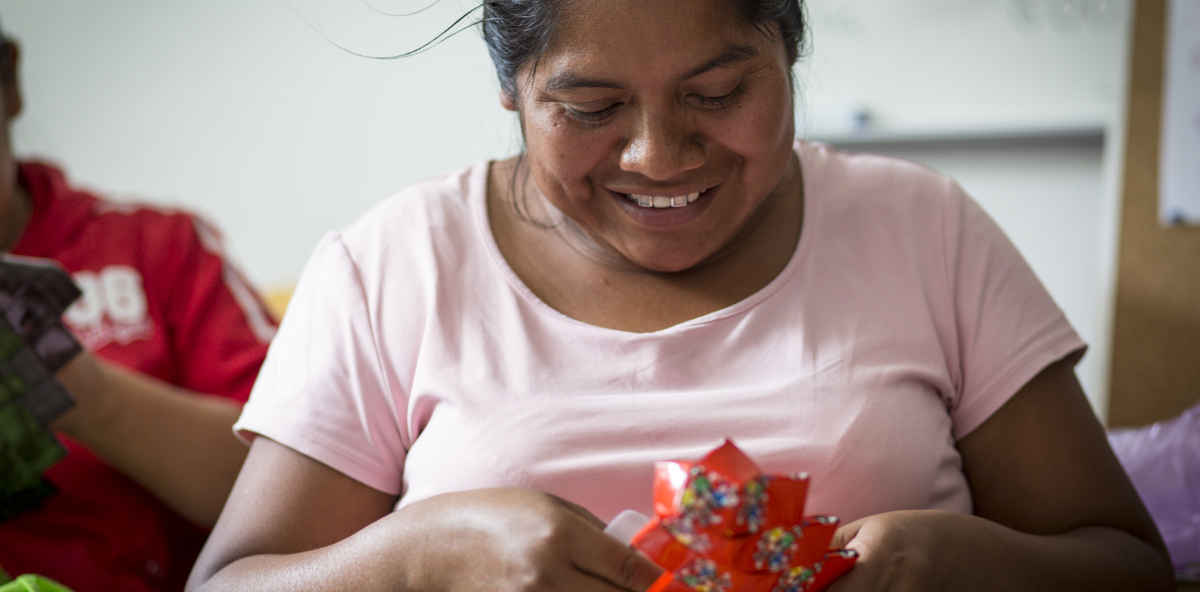
Just outside of Mexico City, in the municipality of Chimalhuacan, women face high rates of gender-based violence and are far too often left out of the economy. Fundacion Mitz emerged to counter these challenges by working with women to transform waste into products and unique gifts from artisans that they can sell. Through the project, 280 women are earning an income and gaining support to transform their society, too. Learn more.
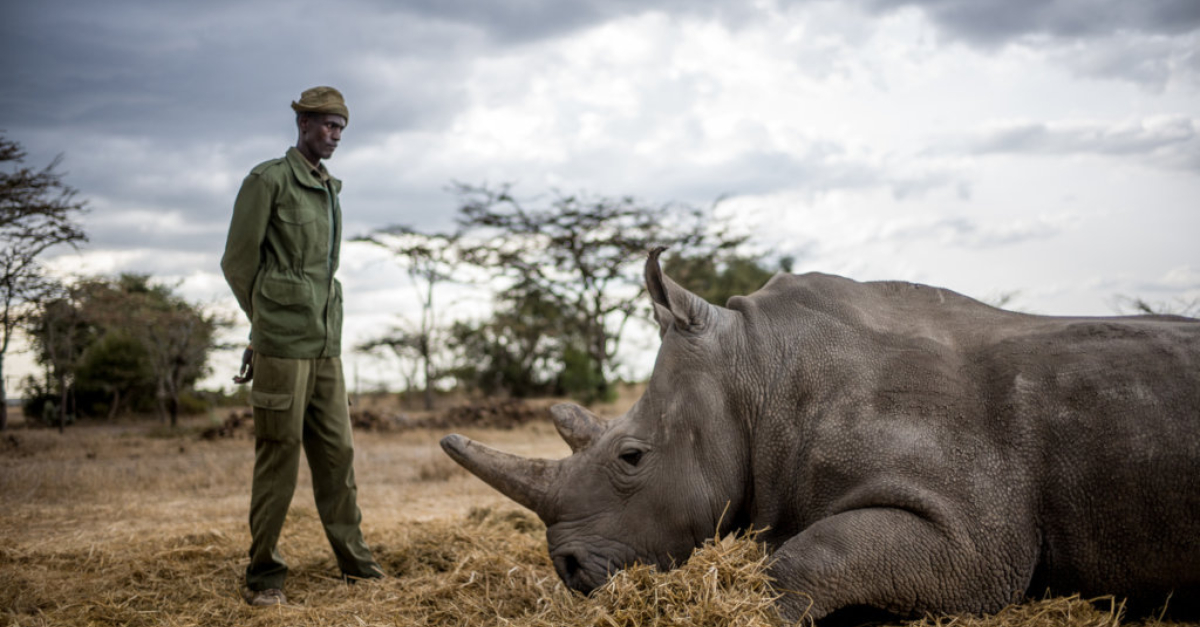
Wildlife tourism once provided conservation organizations like Ol Pejeta in Kenya with a sustainable fundraising model. While global travel—and the income generated from it—is paused due to COVID-19, the conservation work can’t stop. Ol Pejeta is the largest black rhino sanctuary in East Africa and home to two of the world’s last remaining northern white rhinos. To help cover the costs of their conservation, Ol Pejeta partners with Teemill to create T-shirts through a circular production process powered by renewable energy. Organic cotton farmers in northern India manage the first step of growing the cotton. After the T-shirts are produced, purchased, and worn out, the last step is for them to be sent back to Teemill and repurposed into new products. Learn more.
Featured Photo: Empowering Women Through Design in Rural Peru by AwamakiFind exactly what you're looking for in our Learn Library by searching for specific words or phrases related to the content you need.